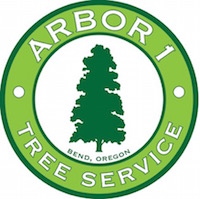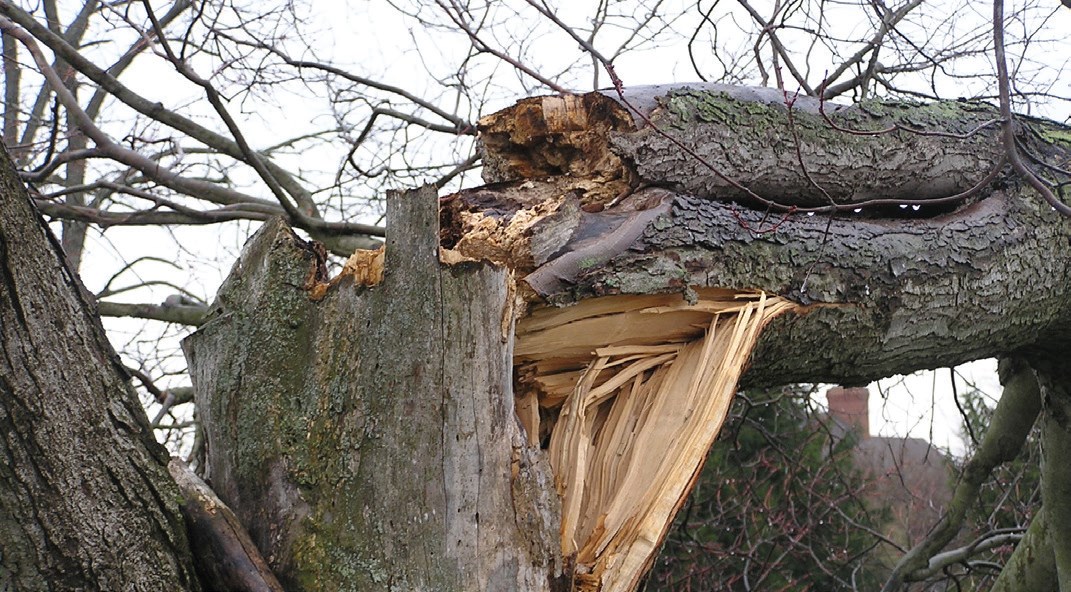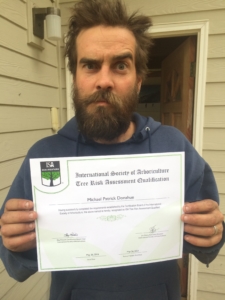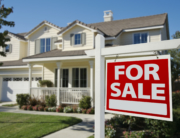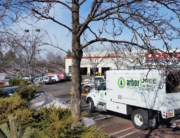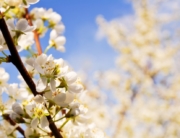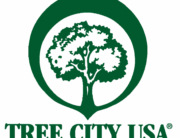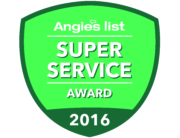We are excited to announce that co-owner Mike D. recently received his Tree Risk Assessment Qualification through the International Society of Arboriculture.
What is the Tree Risk Assessment Qualification? It is a program that trains arborists how to use the methodologies outlined in the ISA Best Management Practices for Tree Risk Assessment. The qualification promotes the safety of people and property by providing a standardized and systematic process for assessing tree risk.
Simply said – a tree risk assessment can provide tree owners and risk managers with the information to make informed decisions about their trees to enhance tree benefits, health and longevity.
In the middle of summer, sometimes it is hard to remember that our urban trees withstand a fair amount of stress throughout the year—mostly from windstorms in the fall, winter and spring. If you’ve been out on our mountain biking trails lately, you have likely seen a lot of downed trees this summer. The trees in the urban and suburban environment also feel the effects of wind, but our job as Tree Risk Assessors is to determine if some trees have a high risk of failure.
How do we determine if a tree is “at risk”? Assessing tree risk is systematic process that includes looking at:
- Site factors surrounding the tree, such as a history of failures, topography, slope, soil conditions, prevailing winds and common weather patterns.
- Tree health and species profile, including potential pests, diseases and/or decay.
- Load factors such as crow size, density and wind exposure.
- All parts of the tree – the health of the trunk, crown, branches and roots.
From there, we systematically record all of the data for that particular tree and formulate a risk assessment based on all factors. When this is finished, you may be given a written or oral report detailing recommendations for mitigation of risk.
And remember—preventative tree care can save thousands of dollars in potential damage or expensive removal services.
Here at Arbor 1, our job is to preserve the health of our urban forests and we do this in several ways. We can help you protect and preserve your “green” investment!
Contact us by email or give a us a ring at: 541-480-4223.
